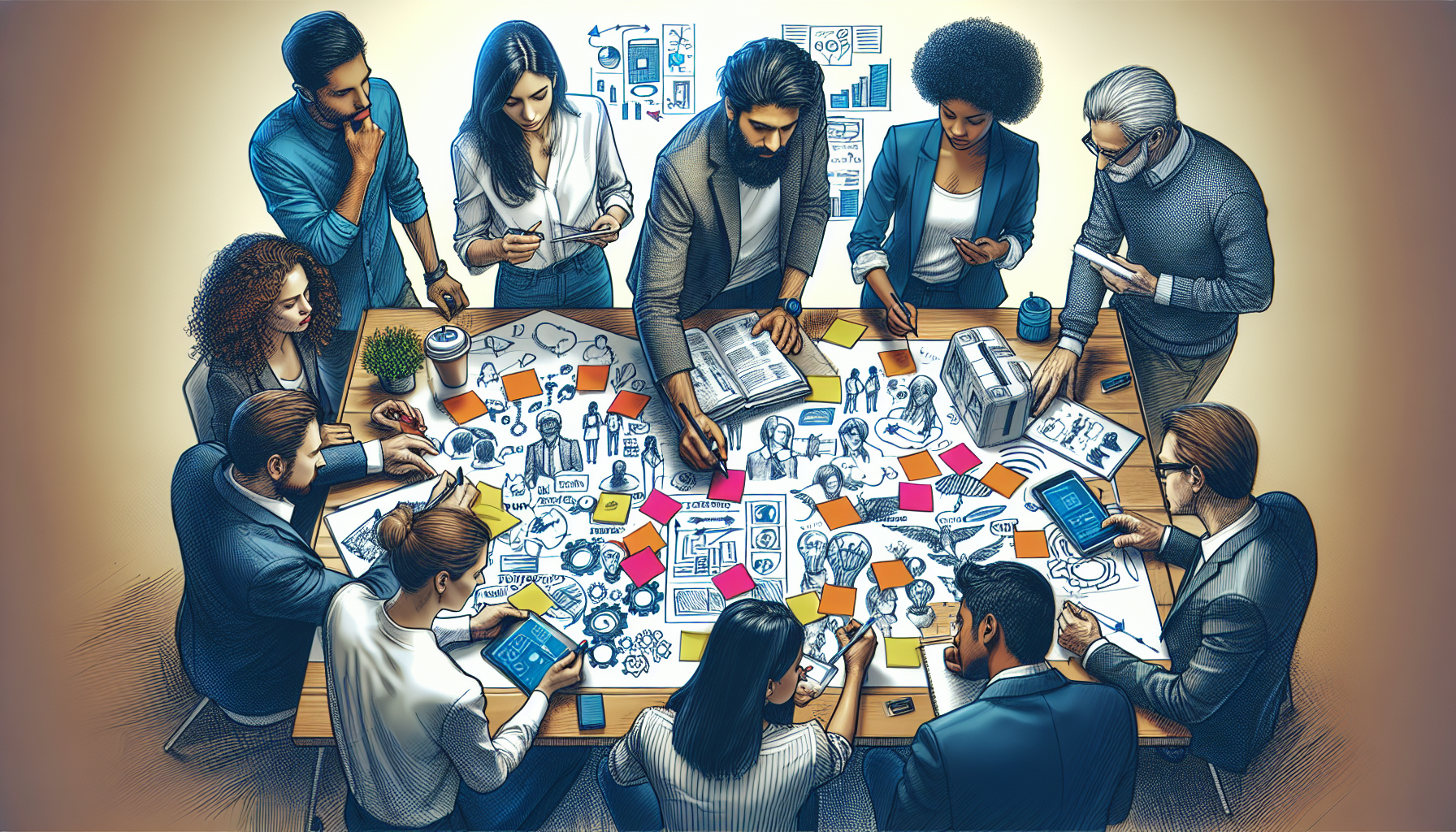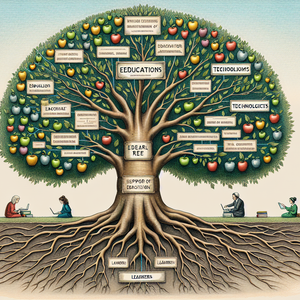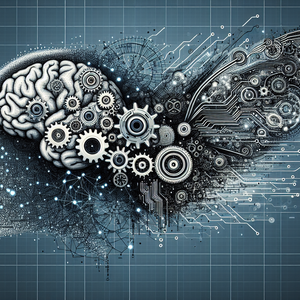Tech Meets Transit: The Rise of Digital Careers in the MTA

Public transportation systems worldwide are undergoing a significant digital shift, and the MTA is no exception. This transition transcends mere infrastructure upgrades; it involves a comprehensive rethinking of how transit operates in the modern world. Innovations such as real-time tracking of trains and buses, mobile ticketing systems, and data-driven service adjustments are now standard features aimed at improving efficiency and enhancing user experience. The MTA's commitment to digital innovation is evident in its strategic initiatives, which focus on harnessing technology to enhance service delivery, ensure operational reliability, and meet the evolving needs of commuters.
Emerging Careers in Technology
The rise of technology within the MTA has given birth to several new career paths, each playing a vital role in the overall functioning of the transit system. 1. **Data Analysts**: Public transportation generates vast amounts of data on ridership patterns, delays, and service reliability. Data analysts are instrumental in interpreting this information to inform decision-making. For example, the MTA utilizes data analytics to optimize train schedules and improve service frequency based on real-time ridership trends. By analyzing data, these professionals help the MTA streamline operations and enhance the commuter experience. 2. **Software Developers**: Software developers are the backbone of the MTA's digital infrastructure. They design and maintain the applications and systems that support the transit network, including mobile apps for real-time updates and backend systems for operational logistics. The MTA's push for user-friendly platforms reflects its commitment to enhancing the rider experience. For instance, the MTA has developed applications that allow users to plan their journeys effectively while receiving timely notifications about service changes. 3. **Smart Transportation Engineers**: As technology continues to advance, the demand for engineers specializing in smart transportation solutions is growing. These professionals work on implementing systems that enhance traffic flow, improve safety, and minimize environmental impact. An example of this can be seen in the MTA's exploration of artificial intelligence to manage traffic signals, which can optimize bus routes and reduce delays, leading to a more efficient transit system.
Skills Needed for Success
To excel in these emerging roles, aspiring professionals must possess both technical and soft skills. Key technical skills include proficiency in programming languages such as Python or Java, experience with data visualization tools, and a solid understanding of transportation systems. Given the collaborative nature of the MTA's work environment, soft skills such as problem-solving, effective communication, and teamwork are equally important. Professionals often find themselves working on cross-departmental projects that require a blend of technical know-how and interpersonal skills.
The rise of digital careers within the MTA presents a remarkable opportunity for tech-savvy individuals eager to make a difference in the public transportation sector. As the demand for professionals who can leverage technology to enhance transit systems continues to grow, the MTA stands at the forefront of this evolution. By embracing digital transformation, the MTA not only improves service delivery but also cultivates a new generation of transit professionals equipped to address the challenges of modern urban transit. For those considering a career in this dynamic field, the MTA offers a unique opportunity to contribute to a more efficient, sustainable, and user-friendly public transportation system. In conclusion, as the future of transit becomes increasingly digital, the MTA is leading the charge, embodying a vision that combines technology with public service for the benefit of all commuters.
Public Transportation Data Analyst
MTA, transportation consulting firms, urban planning agencies
Responsibilities
Analyze ridership data to identify trends and inform operational decisions.
Develop reports and dashboards to communicate findings to stakeholders.
Collaborate with various departments to enhance service offerings based on data insights.
Required Skills
Proficiency in data analysis tools (e.g., SQL, R, Python).
Strong understanding of statistical methods and data visualization.
Excellent communication skills to present complex data in a digestible format.
Mobile Application Developer for Transit Systems
MTA, tech firms specializing in public transportation solutions
Responsibilities
Design and develop user-friendly mobile applications for real-time transit updates.
Collaborate with UX/UI designers to enhance user experience based on commuter feedback.
Ensure applications are integrated with backend systems for accurate data flow.
Required Skills
Proficiency in programming languages such as Swift (iOS) or Kotlin (Android).
Experience with API integration and mobile app testing.
Ability to work in an agile development environment.
Smart Traffic Systems Engineer
MTA, engineering firms, city transportation departments
Responsibilities
Design and implement smart traffic management systems to optimize transit flow.
Analyze traffic data to develop algorithms that improve signal timing and reduce congestion.
Work on projects involving AI and machine learning for predictive traffic analytics.
Required Skills
Strong background in civil engineering or computer engineering.
Experience with traffic simulation software and data analytics tools.
Knowledge of urban transportation policies and sustainability practices.
User Experience (UX) Researcher for Transit Solutions
MTA, tech startups focusing on transportation, design firms
Responsibilities
Conduct user research and usability testing to inform design decisions for transit applications.
Analyze user behavior and feedback to identify areas for improvement in service delivery.
Collaborate with cross-functional teams to create user personas and journey maps.
Required Skills
Strong understanding of UX principles and methodologies.
Experience with tools like Sketch, Figma, or Adobe XD for prototyping.
Excellent analytical and problem-solving skills.
IoT Solutions Architect for Smart Transit Systems
MTA, technology firms specializing in IoT solutions, smart city initiatives
Responsibilities
Develop IoT strategies to enhance operational efficiency in public transportation.
Collaborate with engineering teams to integrate IoT devices into existing infrastructure.
Monitor and optimize the performance of IoT systems for real-time data collection.
Required Skills
Knowledge of IoT platforms and technologies (e.g., MQTT, LoRaWAN).
Strong background in software architecture and system integration.
Ability to work with cross-disciplinary teams to drive innovation.


